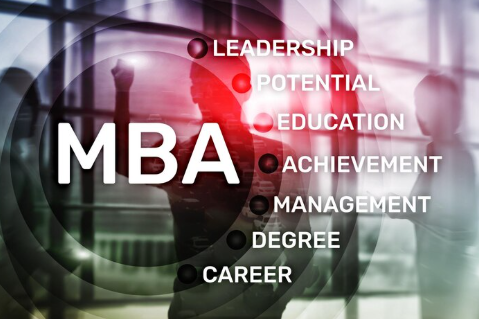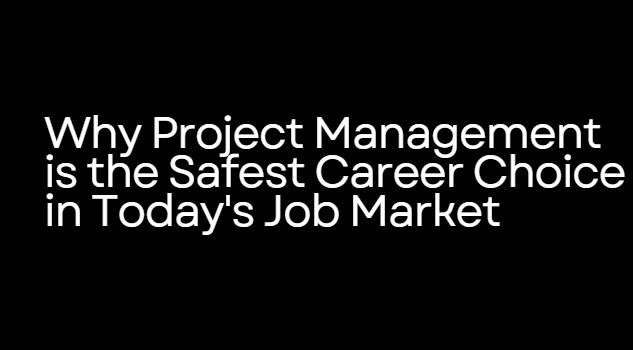
Table of Contents
- Understanding the Basics: Executive MBA vs Regular MBA
- Key Differences Between Executive MBA and MBA
- Who Should Choose an Executive MBA?
- Who Should Opt for a Regular MBA?
- Executive MBA Duration and Fees
- Career After Executive MBA
- MBA or Executive MBA – Which is Better?
- MITSDE – The Right EMBA for Professionals in India
- Benefits of Doing an MBA vs an Executive MBA in India
- Final Thoughts
Choosing between an Executive MBA and a Regular MBA in India is a crucial decision for anyone planning to enhance their management credentials. With the Indian job market evolving rapidly, professionals now look for educational programs that align with their career goals, work experience, and lifestyle. This blog explores the difference between an Executive MBA and an MBA, compares EMBA vs MBA, and helps you determine MBA or an Executive MBA is better for your professional growth.
Understanding the Basics: Executive MBA vs Regular MBA
Before diving into the specifics, let’s clarify what these two programs mean:
- Regular MBA (Full-time MBA): Typically a two-year, full-time course aimed at fresh graduates or those with limited work experience. It focuses on foundational business knowledge and is offered by most top business schools in India.
- Executive MBA (EMBA): A specialized management course designed for working professionals with significant industry experience (usually 5+ years). It’s a part-time program or online/distance format that allows learners to study while continuing their jobs.
Key Differences Between Executive MBA and MBA
Here’s a detailed comparison of Full-time MBA vs Executive MBA based on various factors:
Feature | Regular MBA India | Executive MBA India |
Target Audience | Freshers or early-career professionals | Mid to senior-level professionals |
Work Experience Required | 0–3 years | Minimum 5 years (EMBA eligibility in India) |
Duration | 2 years (full-time) | 1–2 years (part-time or online) |
Class Schedule | Daily on-campus classes | Weekend, evening, or online sessions |
Curriculum Focus | Foundation and general management | Strategic management and leadership development |
Placement Support | Campus placements available | Networking-driven opportunities |
Fees & ROI | ₹10-25 Lakhs | ₹5-20 Lakhs, better ROI of Executive MBA in India |
Who Should Choose an Executive MBA?
The Executive MBA for working professionals is tailor-made for those who:
- Have 5+ years of management experience
- Are you aiming for career advancement or leadership roles
- Want to switch industries or functions without leaving their current job
- Value flexibility in learning schedules
If you fall under this category, EMBA programs help you build on your experience and move up the ladder without compromising your job.
Who Should Opt for a Regular MBA?
A Regular MBA in India is suitable for:
- Fresh graduates or individuals with less than 3 years of experience
- Professionals aiming for a career change or industry shift
- Students seeking placement support and internships
- Individuals who can commit to a full-time course
This route helps establish a strong management foundation and provides hands-on learning through projects, case studies, and summer internships.
Executive MBA Duration and Fees
- Duration: Most Executive MBA programs in India span 12–24 months.
- Fees: Depending on the institute, EMBA fees range from ₹5 Lakhs to ₹25 Lakhs.
Compared to a Regular MBA, the Executive MBA duration and fees are more compact and cost-effective, especially considering the learner continues earning during the course.
Career After Executive MBA
The career after Executive MBA is marked by accelerated roles such as:
- Senior Management Positions (GM, AVP, Director)
- Transition to Strategic Roles (Consulting, Business Heads)
- Industry Switch (IT to Finance, Engineering to Management)
- Entrepreneurial ventures
Thanks to practical exposure, EMBA graduates often see higher ROI, faster promotions, and leadership responsibilities.
MBA or Executive MBA – Which is Better?
If you’re asking yourself, “MBA or Executive MBA, which is better?”—the answer lies in your experience and career goals:
- Are you a fresher? → Choose Regular MBA
- Have 5+ years of experience? → Opt for an Executive MBA
- Want full-time learning & placement? → Go for an MBA
- Want to learn while working? → Choose EMBA
In simple terms, EMBA vs MBA is not a debate for better or worse—it’s about what suits your current career stage.
MITSDE – The Right EMBA for Professionals in India
When it comes to the best Executive MBA programs in India, MIT School of Distance Education (MITSDE) stands out for professionals seeking a flexible, affordable, and industry-aligned education.
Here’s why:





With MITSDE’s EMBA, you don’t just earn a degree—you elevate your professional profile while continuing your job.

Benefits of Doing an MBA vs an Executive MBA in India
🎓 For Freshers (MBA):
- Build management fundamentals
- Gain internships and placements
- Ideal for a career switch early on
💼 For Professionals (Executive MBA):
- Learn real-time application of business strategies
- Get promotions and leadership roles
- Higher salary growth and ROI of Executive MBA in India
Final Thoughts
In the debate of Executive MBA vs Regular MBA, the winner depends on your career timeline. Whether you’re a fresher seeking direction or a professional climbing the leadership ladder, there’s a management program suited to your needs.
If you’re a working professional looking to rise higher—without pressing pause on your career—MITSDE’s Executive MBA program is your launchpad.
Frequently Asked Questions (FAQs)
1. Who should do an Executive MBA?
Professionals with 5+ years of experience aiming for leadership roles, industry shifts, or strategic growth in their careers.
2. Is EMBA worth it in India?
Absolutely. The career after an Executive MBA often includes promotions, salary hikes, and leadership roles. It’s a smart investment for mid-career professionals.
3. Which MBA is best for a career change?
An Executive MBA is great if you’re already experienced and looking to pivot. A Regular MBA works well if you’re early in your career.
4. MBA for freshers vs MBA for professionals – what’s the difference?
Freshers benefit more from a Regular MBA, while professionals gain more from an EMBA that aligns with their industry experience.
5. What are the MBA admission requirements in India?
For Regular MBA: Bachelor’s degree and entrance exam scores.
For EMBA: Bachelor’s degree + 5–10 years of professional experience.
6. Is there an MBA for experienced professionals in India?
Yes! Executive MBA is tailored specifically for experienced professionals. Institutions like MITSDE offer flexible and industry-relevant programs


